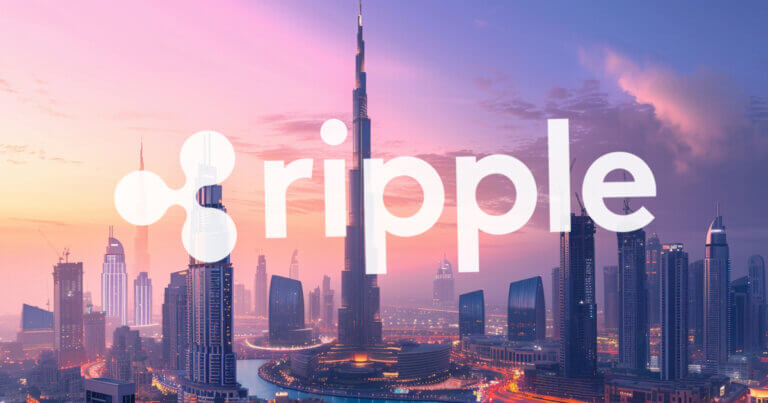 UAE regulatory approval bolsters Ripple’s quest to rival SWIFT in cross-border payments
UAE regulatory approval bolsters Ripple’s quest to rival SWIFT in cross-border payments UAE regulatory approval bolsters Ripple’s quest to rival SWIFT in cross-border payments
Ripple's approval by Dubai Financial Services Authority enhances its global reach and bolsters its businesses.

Cover art/illustration via CryptoSlate. Image includes combined content which may include AI-generated content.
Ripple has secured in-principle approval from the Dubai Financial Services Authority (DFSA), marking a significant step in its efforts to boost financial services innovation in the United Arab Emirates (UAE), according to an Oct. 1 statement.
This makes the firm the first blockchain-based payment service provider to obtain a license from the DFSA, further establishing its role as a regulated global entity.
Meanwhile, the latest DFSA approval adds to Ripple’s existing portfolio of over 55 licenses globally, including those from the Monetary Authority of Singapore (MAS) and the New York Department of Financial Services (NYDFS).
What this means for Ripple
Ripple shared that this DFSA approval would enable it to expand operations in the Dubai International Financial Centre (DIFC).
In addition, the approval grants Ripple the ability to deploy its enterprise-grade digital asset infrastructure across the UAE, including launching its Ripple Payments Direct (RPD) solution for cross-border payments.
So, the licensing could help the firm achieve its mission of delivering faster, more cost-efficient cross-border payment services while integrating regulatory compliance with continued investments in critical infrastructure elements, such as liquidity management, asset custody, and seamless transitions between fiat and digital currencies.
Notably, global investment bank Houlihan Lokey recently noted that Ripple’s continued growth could help it become a key challenger to SWIFT, the dominant player in cross-border payments. The firm stated:
“While old, SWIFT is still the messaging network of choice but is facing competition from card networks, blockchain solutions (Ripple), FinTechs (Airwallex, Nium, and Wise), and other banking networks.”
UAE growth
Meanwhile, the licensing move is part of Ripple’s broader strategy to grow its presence in the Middle East, having set up its regional headquarters in Dubai in 2020.
Ripple attributes its growth in the Middle East to the UAE’s regulatory clarity, which has fostered an environment where innovative crypto firms can flourish. The country’s regulatory framework also offers Ripple access to rapidly growing markets in Africa, South Asia, and other regions.
Ripple CEO Brad Garlinghouse emphasized the UAE’s leadership in financial technology, stating:
“With its forward-thinking regulatory approach and clear guidance for innovative businesses seeking to invest and scale, the UAE is positioning itself as a global leader in this new era of financial technology.”


















































































































